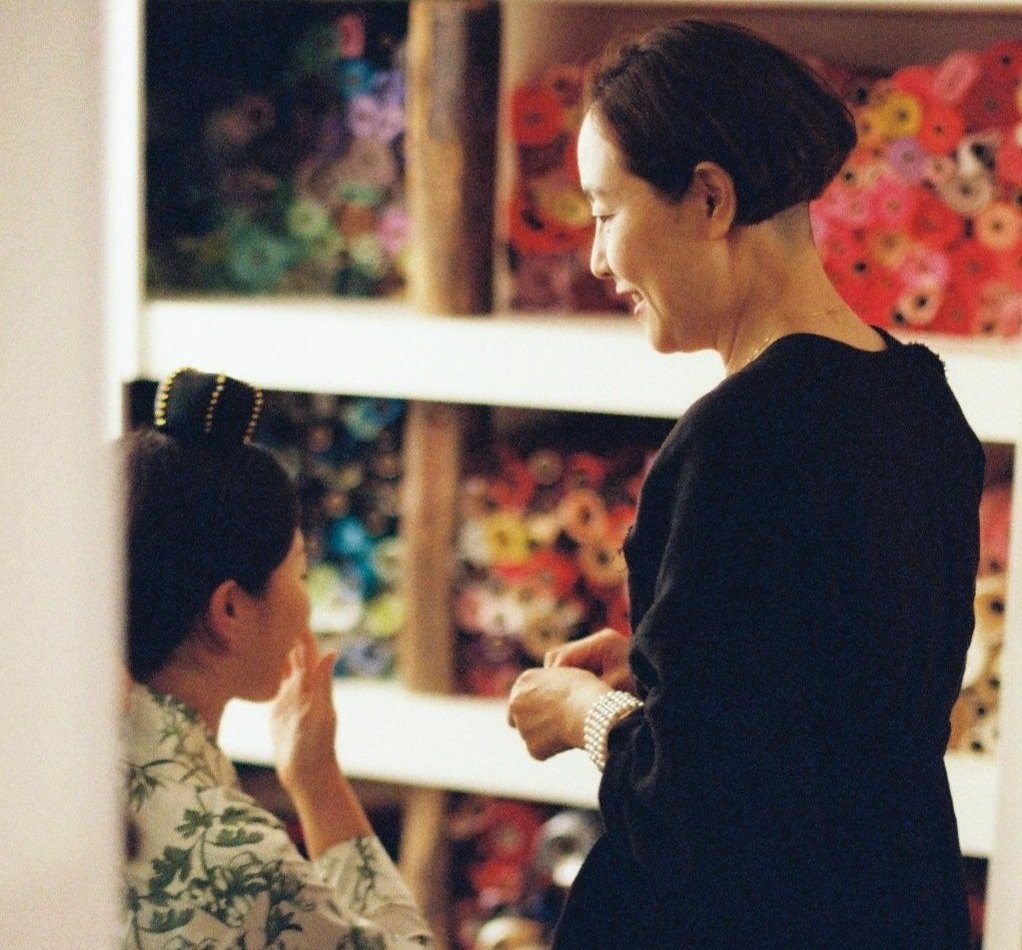6 Things to Know About Filming in South Korea
South Korea is a captivating destination for filmmakers looking to capture unique stories and explore diverse subjects. Here at Moktan, we have shot a wide variety of content in South Korea and wanted to share a few helpful tips to keep in mind for your first time shooting on the Asian peninsula.1. Permit Requirements
Contrary to what many believe, it is not always necessary to obtain permits when filming in South Korea. Depending on factors such as the location, the size of your production, and the nature of your film or TV show, you may or may not need to secure permits. For example, any corporate buildings, government facilities, and all private property will definitely require permits, but public areas like streets and parks are less likely to need them for a small to medium-sized crew. Always check the legality and specific requirement for filming in any location you plan to shoot.2. Drones are Different
Aerial shots are a great way to up your production value and show interesting perspectives but, if you plan on flying a drone in South Korea, you must get permits beforehand. The country has a very tightly monitored airspace and a lot of military bases so it is essential that you secure government permission before taking flight. Our producers at Moktan have a lot of experience applying for drone permits and we have a drone operator with Korean certification on staff so drop us a message here if you'd like to learn more about the drone services we offer.3. Cultural Sensitivity
As with any work involving humans, cultural sensitivity is of utmost importance when filming in South Korea. Familiarise yourself with Korean customs, traditions, and etiquette to ensure that you are respectful in your interactions and portrayal of local communities. Bow when meeting people, take your shoes off when entering a home, don't be loud in public spaces, and never sit in the elderly section of public transport (unless your age qualifies you to do so). Building positive relationships with the people you encounter can enrich your documentary and lead to more meaningful storytelling. Our bilingual and bicultural staff of professionals can help you navigate your shoot in Korea so click here to learn more about our team.4. Language and Communication
While filming in South Korea, proficiency in the local language, Korean, can greatly facilitate the process as many Korean people speak little to no English. If you and your crew are not familiar with the language, hiring a local translator and/or fixer who can assist with communication and ensure smooth interactions with locals if a must. Many interviewees may also want to get an idea of the questions and topics that they will be required to discuss during your shoot so that they can prepare a little in advance. In this situation, it can be great to have a Korean producer on the ground in the pre-production stages to liaise with talent and make sure everything goes to plan during your time in South Korea.5. Weather Considerations
South Korea experiences distinct seasons, with each offering its own unique visual appeal. However, extreme weather conditions, such as typhoons in the summer or heavy snow in the winter, can impact your filming schedule. Plan your shooting days accordingly and be flexible in case of unexpected weather changes. Summer temperatures are often in the mid-30 degrees celsius range and, during the depths of the winter months, some regions experience sub-20 degrees celsius chills, so come prepared!6. Technology and Infrastructure
South Korea is renowned for its advanced technology and strong infrastructure. This means you will have access to state-of-the-art filmmaking equipment and facilities. From high-quality camera gear to professional post-production studios, you can expect a film-friendly environment that aids in the production of high-quality work.
Remember, film production in South Korea is not just about capturing stunning visuals; it's also about understanding and telling captivating stories. Embrace the rich cultural heritage, explore the diverse landscapes, and engage with the people you encounter. Oh, and make sure you download KakaoTalk before you come, you'll thanks us later.




